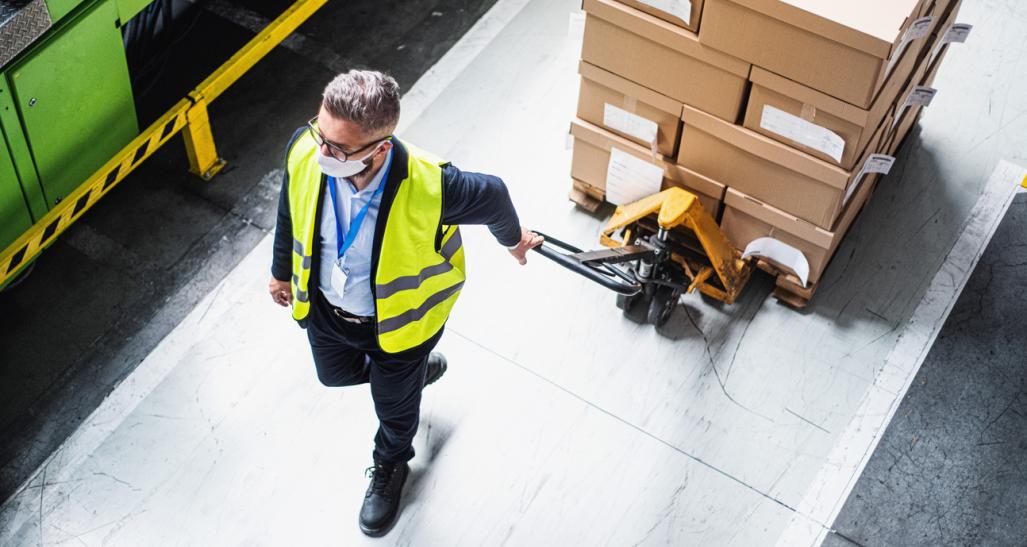
Bill Thayer has worked in retail technology, logistics and operations for some 30 years. He was COO-CIO of Loehmann’s until 2014, after which he did strategy and operations consulting for Century 21, Macy’s, Primark, Barney’s and other major retailers. During that time, he became aware of a huge — and growing — gap in the way logistics supports physical retail. To help close that gap, in 2018 he founded Fillogic.
Thayer will appear at NRF 2021: Retail’s Big Show — Chapter 1 in January, speaking about last-mile distribution challenges. Ahead of the virtual event, he spoke with NRF about Fillogic’s mission to help retailers use malls and mall-based stores to facilitate fulfillment.

Co-founder and co-CEO of Fillogic
What exactly does Fillogic do?
We convert underused space at malls into tech-enabled micro distribution hubs. Our client base consists of retailers, mall owners and parcel carriers; we deal with the major players in those spaces, and we help them coordinate with each other. We aggregate demand to help the mall owners provide a value-added differentiated service, the retailers to operate more efficiently in serving the online and offline customer, and the parcel carriers to pick up and deliver more cost-effectively.
How does your platform mesh with, say, a retailer’s own supply chain/inventory management system?
As simply as possible. Our approach is, basically, tell me where it hurts, and we’ll do something about it. I’m a former CIO, and I know that the more IT involvement a project requires, the greater the potential for delay. So, the key thing with us is being frictionless and requiring minimal or no integration — at least at first. If we prove ourselves to the client, they can come back and be more focused on integration at a later date.
What are the major advantages of doing it your way?
Time and money. We are a business-to-business logistics infrastructure that helps retailers optimize their existing assets — their people, their inventory, their existing store infrastructure — to meet the needs of the online and the offline consumer. With, again, limited or no integration.
What do you see happening next?
More of the same. Logistics doesn’t actually make you any money, it just enables you to spend less. In a tight-margin industry, logistics is what powers most organizations. What’s the great strength of companies like Amazon or Walmart or Target? Logistics...if you aren’t doing it well, your company will go out of business.